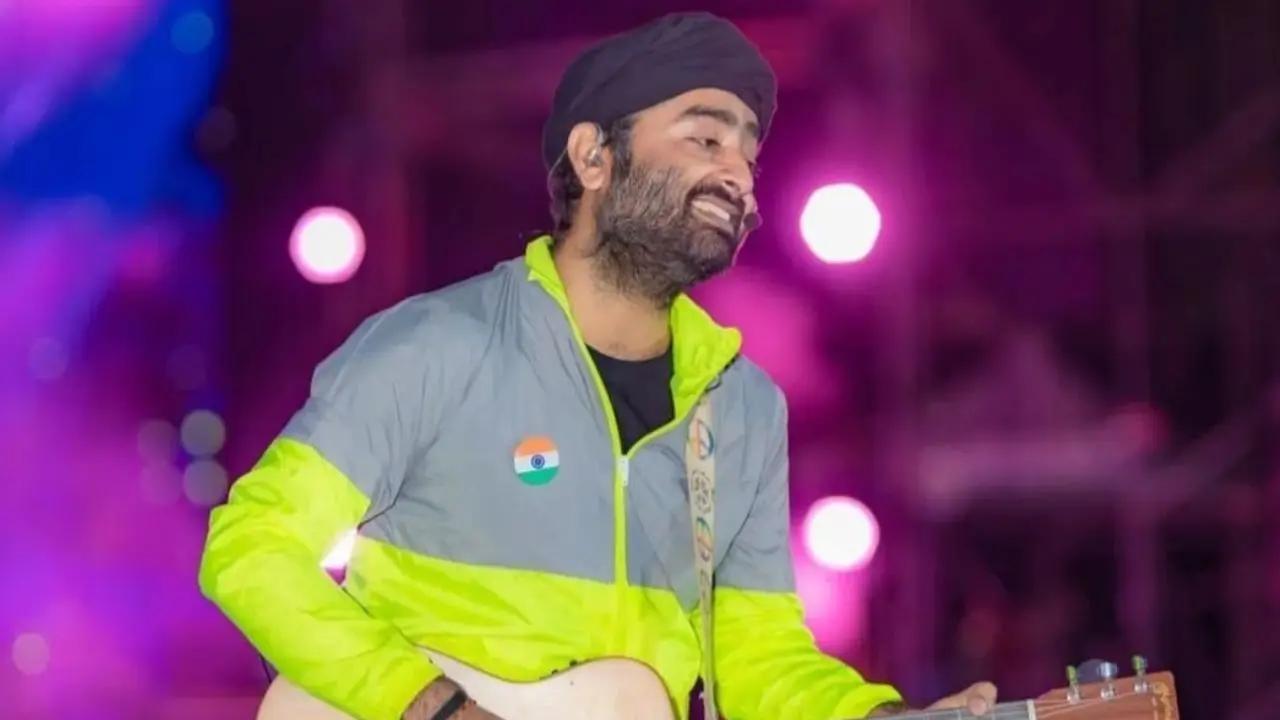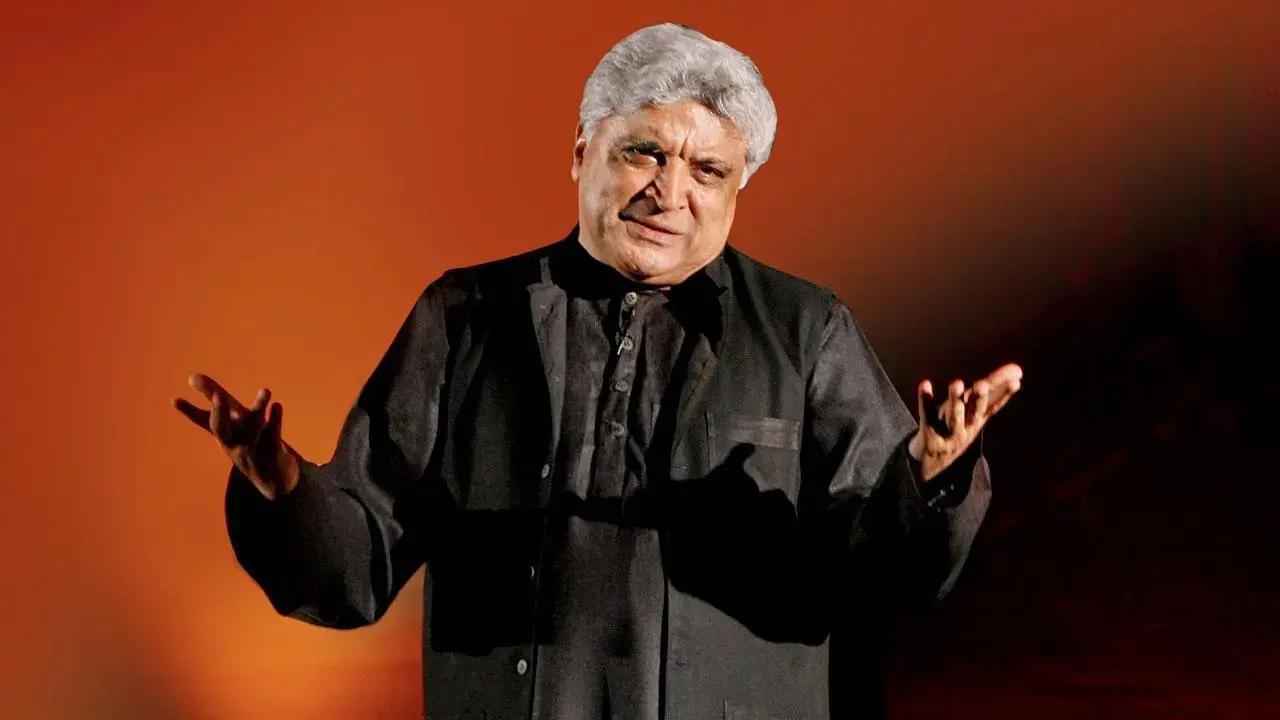
In a recent social media sensation, an innocent yet startlingly incorrect response to a question about India’s national song has set the internet abuzz. Rehan Khan, a prominent Instagram user known for his engaging short interviews and general knowledge questions, has once again hit the viral jackpot. The unexpected highlight this time was a woman’s peculiar answer that left netizens both amused and shocked.
Rehan Khan’s knack for posing intriguing questions has previously drawn considerable attention, but his latest query concerning the author of India’s national song has triggered an especially lively response. Many participants confidently, albeit incorrectly, named Rabindranath Tagore. However, it was one woman’s reply attributing the authorship to the popular singer Arijit Singh that truly stole the show and swiftly went viral across various social media platforms.
The moment this unconventional answer was captured and shared, it sparked a wave of reactions online. Memes proliferated, with users expressing a mix of incredulity and humor. A Twitter user commented, “Arijit Singh 😭😭😭 Bankim Chandra Chattopadhyay must be crying in heaven somewhere,” underscoring the general disbelief and astonishment at the mistaken answer.
For clarity, it is essential to note that the national song of India, “Vande Mataram,” was penned by Bankim Chandra Chattopadhyay, a revered figure in Indian literature and history. The song holds a place of immense pride and significance in India’s cultural and patriotic ethos.
Amidst this digital frenzy, Arijit Singh inadvertently found himself in the spotlight. While the notion that he could have written the national song was patently absurd to those familiar with Indian music and history, Arijit Singh’s fame provided fertile ground for speculation and humor. Beyond his accidental involvement in this episode, Arijit Singh has been making headlines for more conventional reasons.
Recently, Dutch DJ Martin Garrix shared a snapshot on Instagram that piqued the curiosity of fans worldwide. The photograph featured Martin Garrix holding an acoustic guitar and Arijit Singh with a pen, a mobile phone, and a notebook on his lap, suggestive of a possible collaboration.
. Martin, dressed casually in a black t-shirt and denims, and Arijit, clad in joggers and a hoodie, epitomized a casual yet creative ambiance. Martin captioned the photo, “Incredible week thank you @arijitsingh,” igniting speculation about upcoming musical ventures between the two performers.
Arijit Singh’s professional trajectory is nothing short of impressive. He first came into the public eye in 2005 when he participated in the modern reality show Fame Gurukul. His Hindi film debut took place in 2011 with “Phir Mohabbat” from the movie Murder 2, composed by Mithoon and recorded in 2009. 2011 also marked the release of several other hit tracks sung by Singh, including “Raabta” from Agent Vinod, “Uska Hi Banana” from 1920: Evil Returns, and “Duaa” from Shanghai.
His repertoire is diverse, spanning romantic ballads, soulful renditions, and energetic numbers. Arijit Singh’s versatile voice has graced a multitude of Bollywood soundtracks, establishing him as a cornerstone in contemporary Indian music. More recently, his vocal contributions have added a unique touch to Sonu Sood’s directorial debut, ‘Fateh.’
The singer’s rise to stardom reflects a blend of talent, hard work, and an ability to resonate with the masses across different musical genres. Despite the humorous detour his name took in connection with the national song controversy, Arijit Singh continues to be celebrated for his substantial contributions to music.
This episode serves as a light-hearted reminder of the occasional gaps in public knowledge but also highlights the dynamic engagement social media fosters around topics of cultural significance. The viral moment, while amusing, also underscores the importance of being well-informed about one’s heritage and iconic cultural elements.
As internet users continue to share, laugh, and comment about the unexpected twist in Rehan Khan’s interview series, it is evident that such incidents, while fleeting, capture the collective imagination and generate significant discussions about cultural literacy and the transmission of knowledge in the digital age. With the fast-paced nature of social media, it remains to be seen what Khan’s next viral moment might entail and how public figures like Arijit Singh might continue to be humorously misattributed in the ever-animated realm of the internet.










